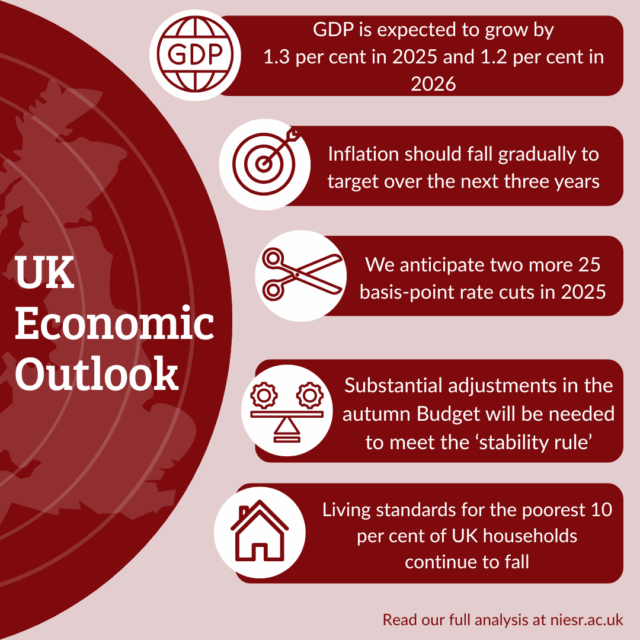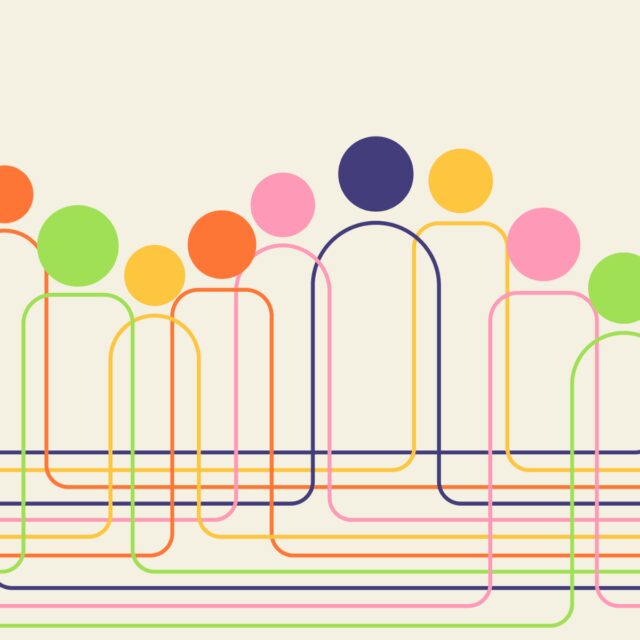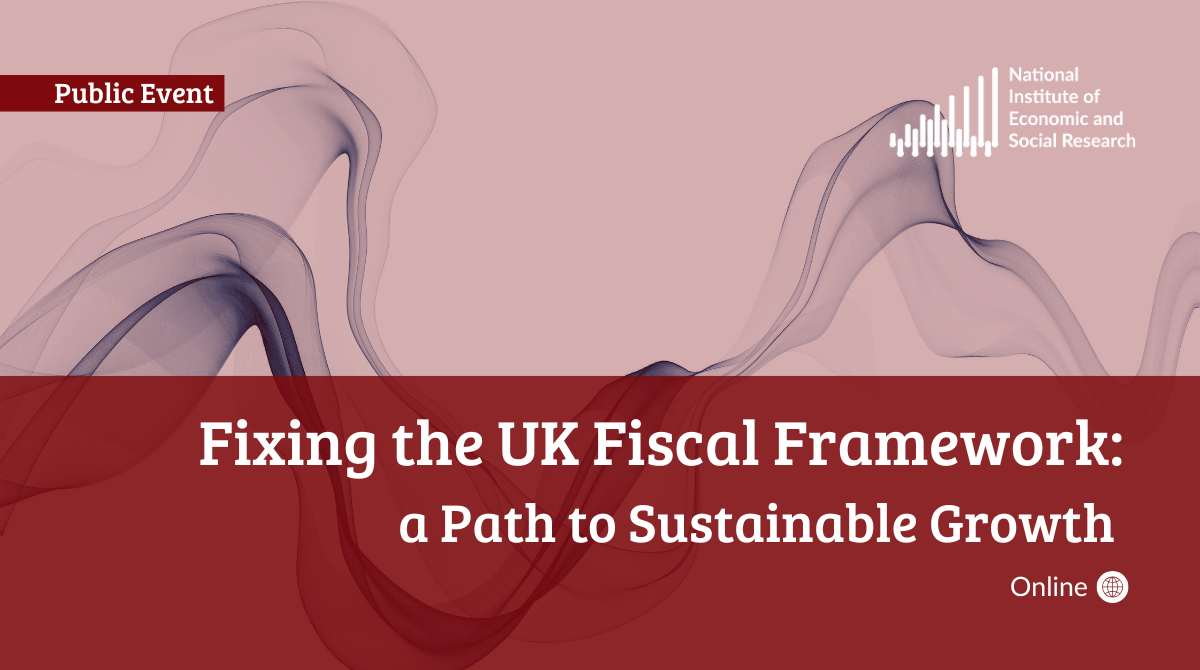Gambling Economic Modelling Project
This project aims to look at the impact of the recent Government White Paper “High Stakes: Gambling Reform for the Digital Age”, published in April 2023, which recommended policies that reduce/limit the consumer’s ability to spend money on gambling product at a macro economic level. To do this we will work alongside Glasgow University to understand the what happens to the money spent on gambling and if this money is spent on other goods/services that have greater economic multipliers than that of the gambling industry.

Summary & aims
This project aims to look at the policy recommendations outlined in the April 2023 Government White Paper, “High Stakes: Gambling Reform for the Digital Age”, that reduce or limit the consumers’ ability to spend money on gambling products. The White Paper estimates that the overall impact of it’s recommendations would lead to a reduction in the Gross Gambling Yield (GGY) of between 3-8 per cent per year (DCMS,2023). This amounts to around £329-£812 million retained by customers instead of being spent on gambling.
In 2022, the Office for Budget Responsibility (OBR), stated that they expected the fiscal revenue from betting and gaming duties would reach £3.3 billion per year in 2022-23 (OBR,2022). This highlights how important it is to understand the impact of introducing policies/regulations that reduce gambling consumption and therefore reduce the the tax revenue gained by the British economy as well as other economic indicators such as employment.
Our work alongside the University of Glasgow will look at the what happens to the money that is no longer spent on gambling by consumers and whether this money is spent on other goods/services which have greater economic multipliers than that of the gambling industry. If this is the case, the net economic impact may be positive. For example, the Social Market Foundation found that the multiplier effect from economic sectors such as retail were much greater than the gambling industry (SMF, 2021).
Methodology
There are three stages to this project. In the first stage, a new survey of regular gamblers will be carried out in Great Britain (excluding Northern Ireland) to get an idea about their gambling behaviour.
This will inform the second part of the project, where we will undertake a discrete choice experiment where regular gamblers will be surveyed to collect data on how their personal expenditure could change under new gambling legislation where the amount they gamble will be limited/reduced. Choice modelling will be used to analyse the decisions and estimate the value that respondents place on the different categories of personal expenditure including other goods and services, savings and debt-reduction.
The results from the discrete choice experiment will allow us to derive elasticities between these different aspects of consumer expenditures to inform the third part of the project where we look at the macroeconomic effects of any changes in consumption by scaling these effects into a model of the UK economy.
Principal Investigators

Co-Investigator

























